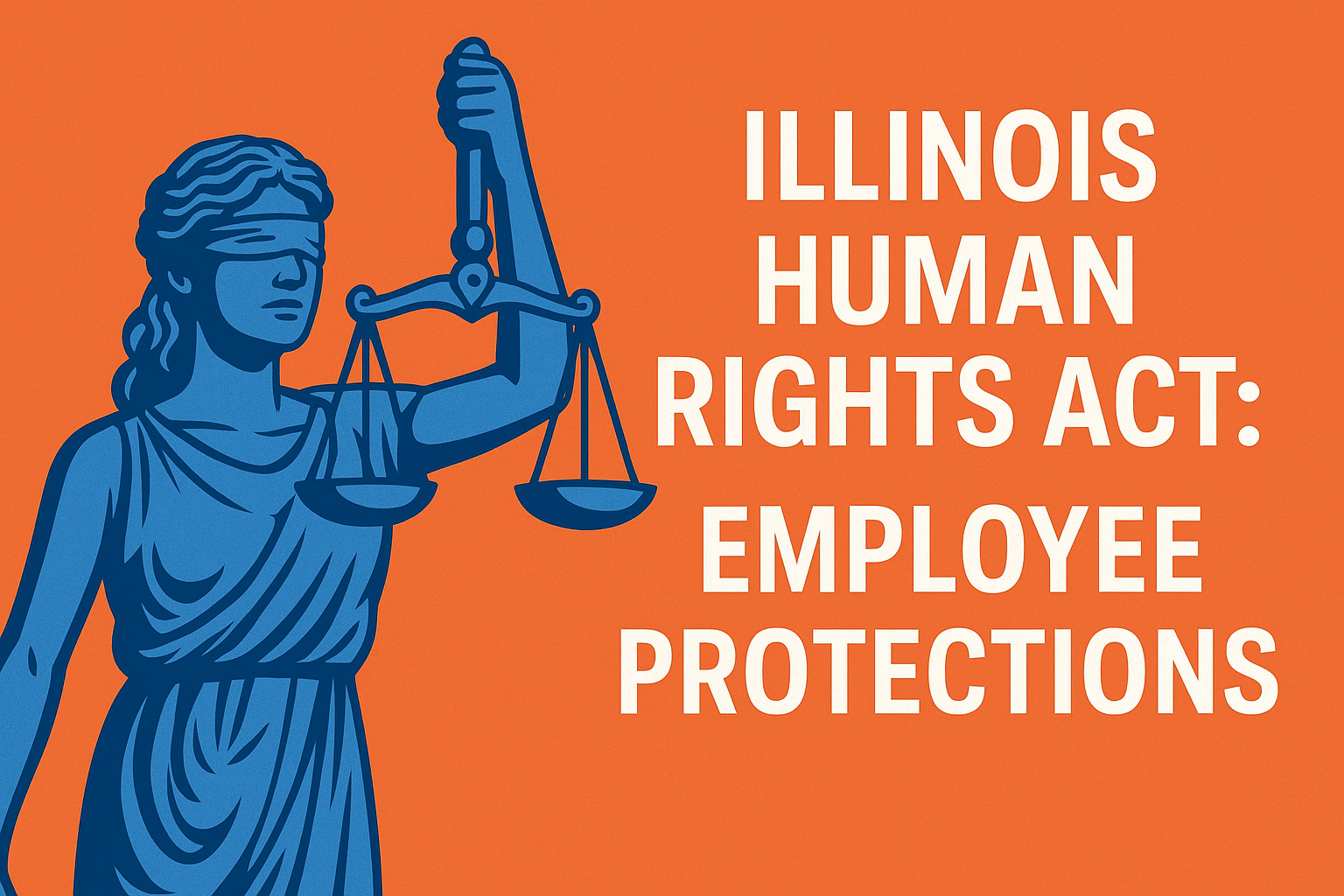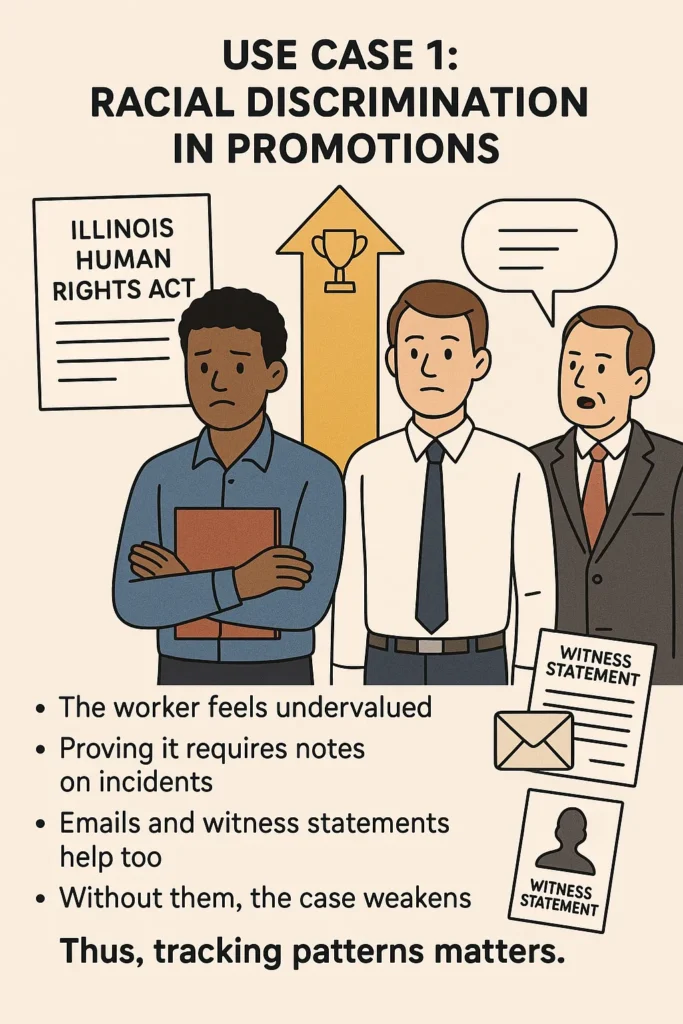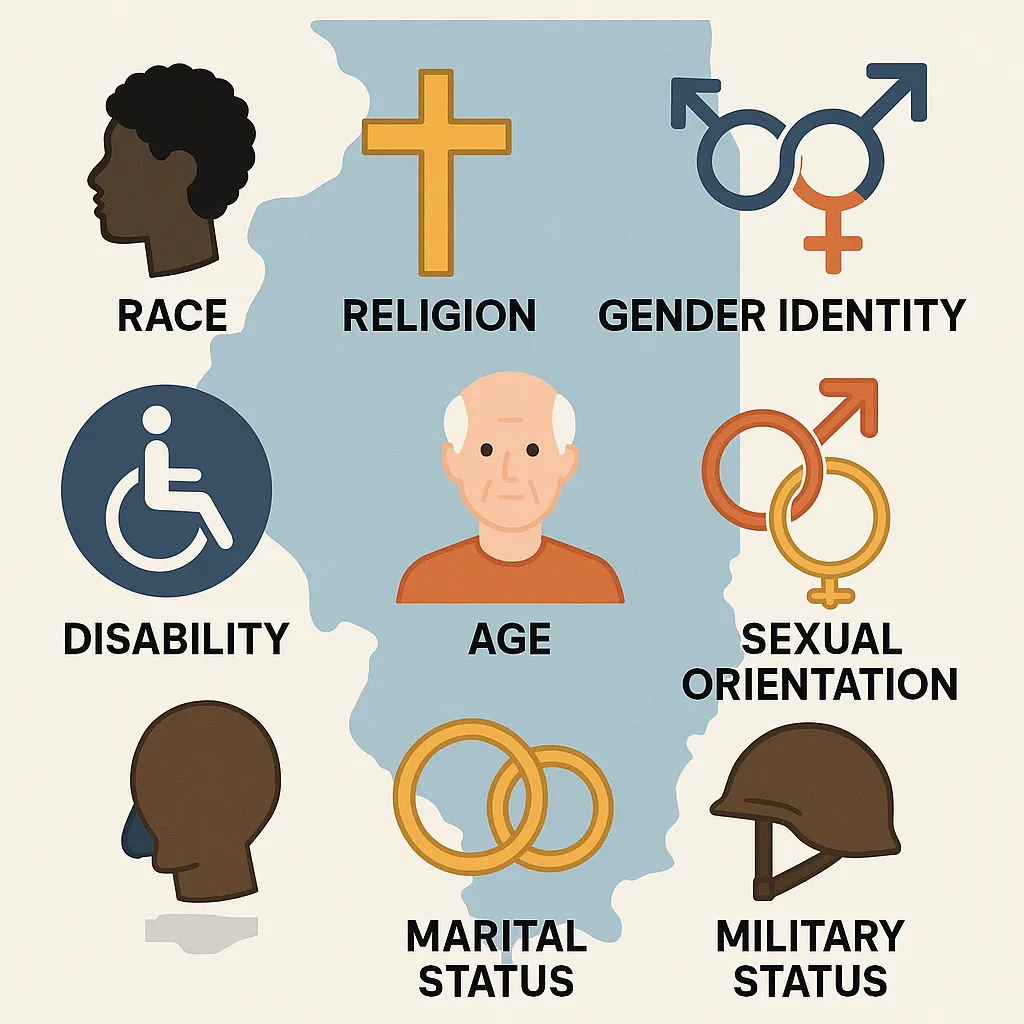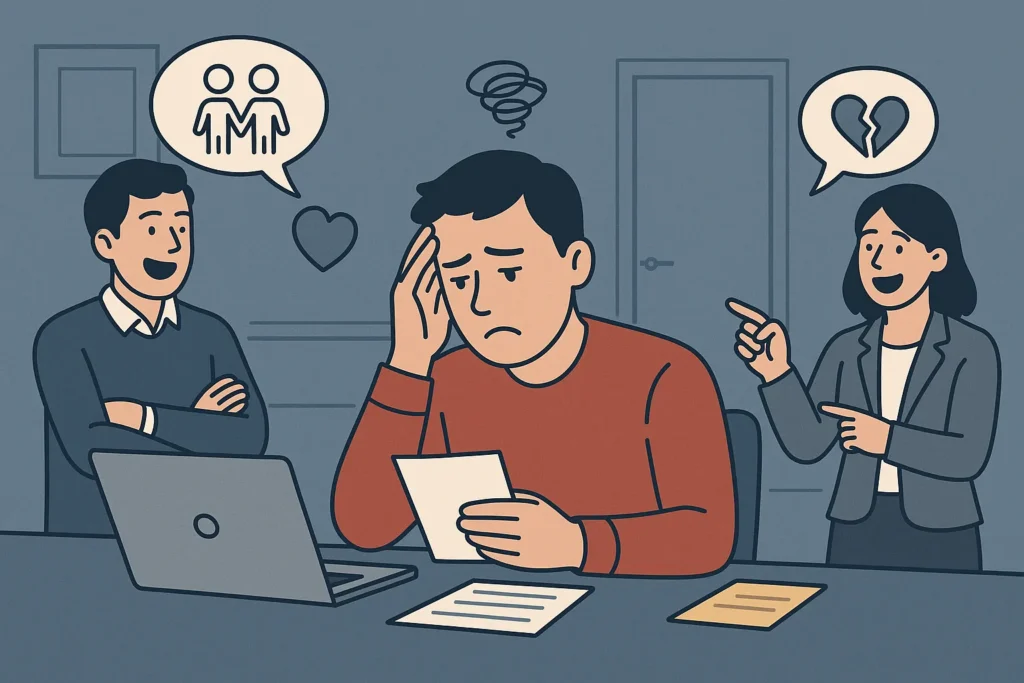Illinois Human Rights Act: Employee Protections

Workplace fairness matters in Illinois. Many employees face unfair treatment daily. However, the Illinois Human Rights Act (IHRA) stands as a strong shield. This law bans discrimination and harassment at work. Therefore, it helps create equal opportunities for all. In this post, you will learn its protections. Furthermore, see real examples. Finally, discover how WorkplaceWitness.AI aids in handling issues.
What Is the IHRA?
The Illinois Human Rights Act (IHRA) is a state law. It protects people from unfair acts in employment. For instance, it covers job seekers and workers. Contractors also gain safeguards. Moreover, the law applies to most employers in Illinois. Thus, it ensures broad coverage.
Protected classes include race and color. Religion and sex fall under it too. National origin and ancestry count as well. Age over 40 gets protection. Disability is key too. Furthermore, sexual orientation and gender identity are included. Marital status and military status matter. Arrest records cannot lead to bias. Therefore, the list is comprehensive.
The law bans discrimination in hiring and firing. Promotions and pay must be fair. Harassment, including sexual, is forbidden. Retaliation against complaints is illegal. So, employees can speak up safely.
Enforcement and Scope
Two agencies handle enforcement. The Illinois Department of Human Rights investigates claims. Then, the Human Rights Commission decides cases. Employees file charges within 300 days. Thus, quick action helps. Moreover, the law covers employers with 15 or more staff. Smaller ones face rules on sexual harassment. So, most workplaces follow it.
Real-World Use Cases of IHRA Protections
Understanding the Illinois Human Rights Act helps through examples. These show how it works in daily life. However, proving claims needs solid proof. Therefore, documentation is vital.

Use Case 1: Racial Discrimination in Promotions
A Black employee excels at work. Yet, a less qualified white colleague gets promoted. The boss makes biased remarks. This violates the Illinois Human Rights Act. The worker feels undervalued. Proving it requires notes on incidents. Emails and witness statements help too. Without them, the case weakens. Thus, tracking patterns matters.

Use Case 2: Sexual Orientation Harassment
An openly gay man faces jokes at work. Colleagues mock his relationships. The environment turns hostile. This breaks the Illinois Human Rights Act on harassment. He reports it, but nothing changes. Retaliation follows with extra duties. Gathering evidence like messages proves key. However, emotional toll makes recall hard. So, timely records aid success.

Use Case 3: Disability Accommodation Denial
A worker with a chronic illness asks for flexible hours. The employer refuses without reason. This ignores the Illinois Human Rights Act’s disability rules. The employee struggles more. Doctor notes and request emails build the case. Yet, without a timeline, patterns hide. Therefore, organized proof strengthens claims.

How WorkplaceWitness.AI Helps Employees
Facing discrimination feels overwhelming. However, WorkplaceWitness.AI simplifies the process. This tool lets employees document issues securely. It keeps everything private from bosses. Thus, users feel safe.
The platform tracks incidents easily. Users log dates and details. It builds timelines automatically. Furthermore, it organizes evidence like photos and emails. AI helps spot patterns in behavior. So, reports look professional for lawyers or HR.
Benefits include better legal prep. Exports meet court standards. Notifications remind users to update. Therefore, nothing gets missed. Link to our guide on how to recognize and document discrimination at work for tips. Also, check what is discrimination in the workplace.
WorkplaceWitness.AI turns chaos into clarity. Employees recognize violations faster. They respond with strong cases. Moreover, it supports hostile environment claims. Read more in our post on understanding and addressing a hostile work environment.
Practical Steps for Employees Under the Illinois Human Rights Act
If you suspect a violation, act fast. Follow these steps:
- Document the incident right away. Note who, what, when, and where.
- Gather evidence like emails or witness names.
- Report to HR if safe. Keep copies of your report.
- File a charge with the IDHR within 300 days.
- Use tools like WorkplaceWitness.AI for organization.
- Seek legal advice if needed.
These actions build a solid foundation. However, consistency helps most.
Empower Yourself with Knowledge
The Illinois Human Rights Act empowers employees. It fights discrimination effectively. Through examples, we see its impact. Yet, documentation remains crucial. WorkplaceWitness.AI makes this easier. Therefore, protect your rights now.
Start protecting your workplace rights today with WorkplaceWitness.AI. Sign up and document confidently.
Stay Updated
Get the latest updates about workplace rights and our app launch.